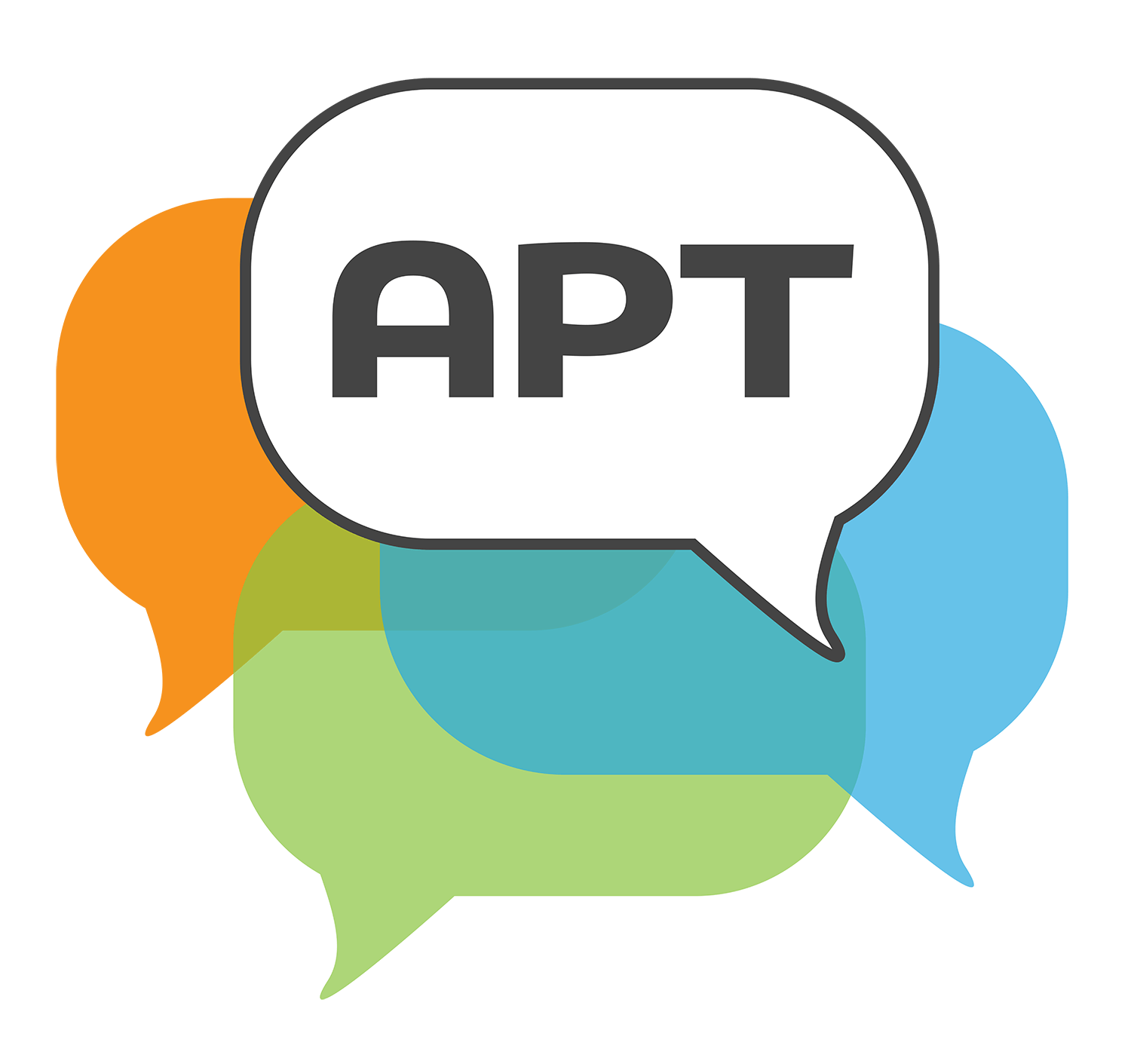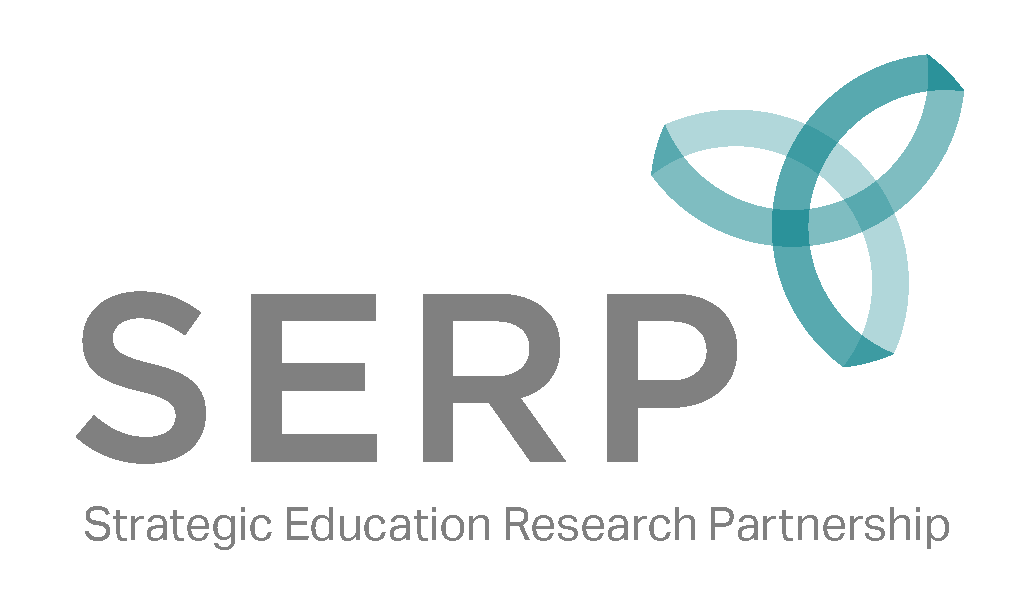Benefits of APT
Deepening Understanding
Perhaps the greatest benefit of APT is the opportunity for students to develop their thinking and deepen their understanding—to make what some researchers call
“epistemic progress.”
[5] Beyond the skills of engaging with others effectively, epistemic progress is an indicator of more advanced understanding. At times, this kind of progress results from students
making connections that they haven’t made before, often when the arguments of peers make the student rethink; at other times it involves students becoming aware that they have hit a roadblock—a question that must be answered before they can understand a phenomenon or solve a problem.
For many in the education research community, this is the greatest affordance of APT. But it is likely to be the most challenging outcome to achieve. It requires that students be given tasks that provide the opportunity to develop their thinking, or that teachers respond flexibly when students’ contributions open unexpected lines of thinking. These are teaching skills that develop with experience.
Providing students opportunities to develop their thinking.
Watch how these teachers value student contributions, avoid evaluative comments, and challenge students’ thinking with probing questions.
Note the moves the teacher makes to get students to think more deeply.
The teacher asks whether a seed is alive, a question that is intrinsically challenging for young children (and many adults). The students know that seeds are the source of plant life and many know that the seed “cracks open” and a living sprout emerges.
As you watch, consider what the benefit of taking so much time to answer the question might be.
Students are given a seemingly straightforward task: to count the number of squares in the border of a 10 x 10 grid without counting each one individually. They work on their own to solve the problem, then share their methods with the group.


